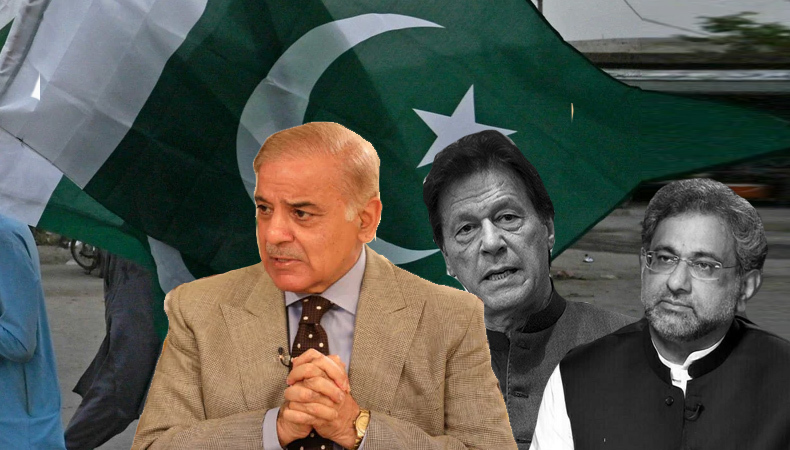Pakistan’s Leadership Vacuum: A Nation in Need of Direction

Pakistan is in a precarious position as a result of numerous crises, including political, economic, institutional, and constitutional difficulties. Is the country truly without a leader? If so, what does this loss of effective leadership entail for the future of the nation?
Fundamentally, being a leader means having the courage to face obstacles head-on, laying out a clear course for the future, and motivating people to follow. The lack of this leadership in Pakistan is painfully obvious, which makes the country’s issues worse.
The economic crisis is one of the most urgent topics. Pakistan’s economic challenges continue despite an IMF bailout because of underlying structural issues, such as sluggish growth, poor savings and investment, huge deficits, constrained exports, and skyrocketing inflation. Street protests and strikes in response to the cost of living problem already portend future societal turmoil.
Pakistan is dealing with polarization, constitutional issues, and postponed general elections on the political front. Legal disputes and the incarceration of political figures and activists further suppress dissent, and the threat posed by militant violence is escalating as seen by an increase in attacks.
Pakistan needs effective leadership in these difficult times—leadership that is aware of the country’ss fundamental problems and has the will and ability to deal with them. Previous administrations frequently lacked a clear strategy to address persistent issues, leaving the country feeling aimless and demoralized.
Keep Reading
Three key elements go into effective leadership: developing an executable vision, selecting qualified candidates, and inspiring and motivating the masses. Pakistan’s authorities are currently failing on every level. There is a noticeable lack of vision, with politics centred on personal gain rather than social good. Instead of qualifications and expertise, personal allegiance overshadows team building. In addition, leaders are increasingly disengaged from the wants and needs of common people.
Great leaders work to elevate their society to their vision, transcending limitations and rewriting history, according to Henry Kissinger. Pakistan longs for such leadership, one that has the vision to free its people from a dark past and usher in a more promising future.
In conclusion, Pakistan is currently experiencing a leadership void at a time when strong leadership is very necessary. The country needs leaders who can set a clear course, inspire optimism, and blaze a road to prosperity and stability if it is to overcome the many obstacles in its way. Without this kind of leadership, Pakistan runs the risk of extending its crises and passing up chances for progress.







